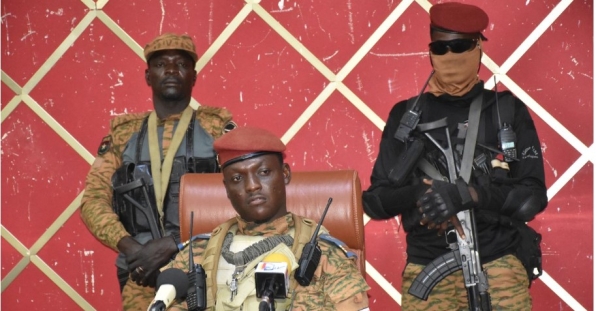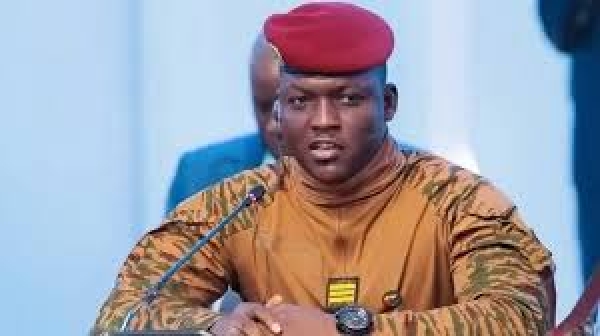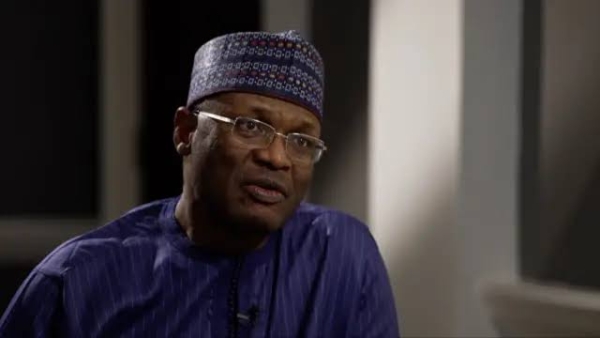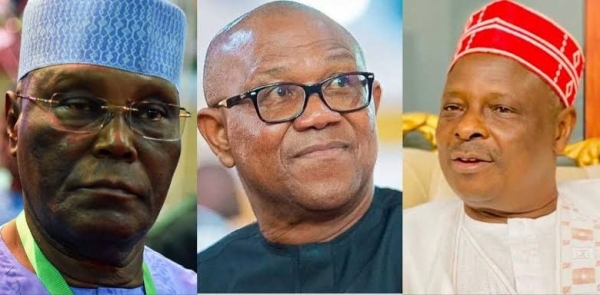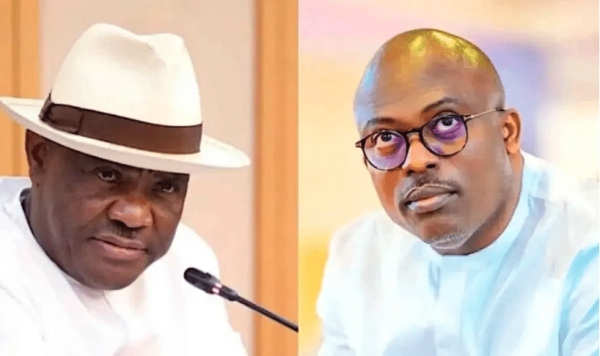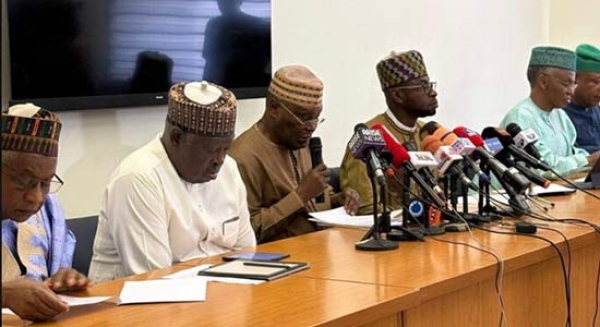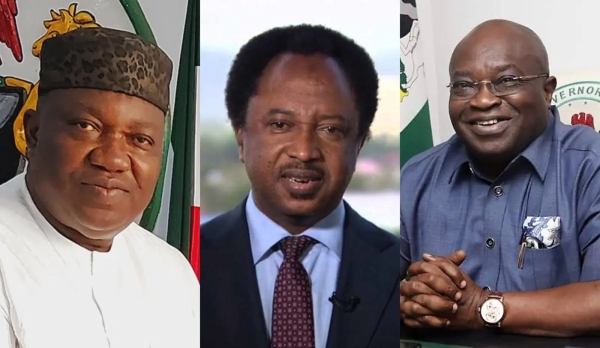TOP NEWS
Reuben's View
Latest News
Search
MOST READ
-
US Court Orders FBI, DEA To Release Confidential Investigation On Tinubu
-
Press Statement By The Nigerian Catholic Diocesan Priests Association (NCDPA), Makurdi Diocese On The Safety Of Most Rev. Wilfred Chikpa Anagbe, CMF
-
It’s Unfair To Be Married To One Woman - RMD
-
Rivers crisis: We were tortured, offered N200m to implicate Fubara’s CoS -Chime Ezebalike
-
Despite Heavy Borrowings, Nigeria’s Health System Is In A Very Poor State – Peter Obi
-
PDP Governors Set To Meet In Ibadan, Discuss Party’s Future, Coalition Talks, And Legal Battles
-
2027: APC, anti-Tinubu coalition battle for Buhari’s support
-
Boko Haram: 'You Are Naive Of What Is Happening In The Country’ – Gov. Zulum Lambasts Tinubu's Minister
-
Wole Soyinka slams NBC for banning Eedris Abdulkareem’s song
-
Mixed reactions trail proposed 5-year jail term for exams malpractice
-
[Full List] Gbajabiamila missing as presidency releases names of Tinubu’s appointments to date
809 times -
No country has developed under democracy — Burkina Faso President
688 times -
Crude price crash: Petrol can drop below N400/litre — Refiners
676 times -
No country has developed under democracy — Burkina Faso President
661 times -
Mahmood Yakubu Confirms Exit as INEC Chairman
640 times -
Opposition Coalition Gains Momentum, Backs Single-Term Presidency for 2027
603 times -
Go And Kneel Before Wike And Beg For Forgiveness – Eradiri To Fubara
566 times -
2027: Coalition pushes for single-term candidate
550 times -
Tears, sadness as 4 popular Nigerian gospel singers perish in fatal motor accident
543 times -
Ikpeazu, Ugwuanyi, Shehu Sani, Omokri, others make ambassadors’ list
492 times








![[OPINION] Plateau, Tsiga and Trump - Reuben Abati [OPINION] Plateau, Tsiga and Trump - Reuben Abati](https://www.reubenabati.com.ng/cache/mod_bt_contentslider/d4ff657a4976c08f133a5993db7ca3de-076f7f795e47e1dc74a28ca93d3c698e_XL.jpg)
![[OPINION] The Uromi 16 And The Problem With Nigeria - Reuben Abati [OPINION] The Uromi 16 And The Problem With Nigeria - Reuben Abati](https://www.reubenabati.com.ng/cache/mod_bt_contentslider/848d0c6943c9a9cb7639e8f5640d2cbf-4b585f7414a3fc875b761851d4c5fcd4_XL.jpg)
![[OPINION] Breakfast With The Soludos - Reuben Abati [OPINION] Breakfast With The Soludos - Reuben Abati](https://www.reubenabati.com.ng/cache/mod_bt_contentslider/a98b5c30f61dcb10378fdba9f5e472ab-33b747862875f50d863e709f5955da5d_XL.jpg)
![[OPINION] The Emerging Coalition Against Tinubu/APC - Reuben Abati [OPINION] The Emerging Coalition Against Tinubu/APC - Reuben Abati](https://www.reubenabati.com.ng/cache/mod_bt_contentslider/ddd6416fbaa008a5bcbc568f0e3c8857-02972c9f0dee40a6ad85830afbb49758_XL.jpg)
![[OPINION] Nasir El-Rufai’s Defections: PDP, CPC, APC, SDP - Reuben Abati [OPINION] Nasir El-Rufai’s Defections: PDP, CPC, APC, SDP - Reuben Abati](https://www.reubenabati.com.ng/cache/mod_bt_contentslider/817d1e0c4d951b18f15f406968204870-61d46cc1859ac5d4f70406214a7d7e4f_XL.jpg)
![[OPINION] A World Of Godfathers - Reuben Abati [OPINION] A World Of Godfathers - Reuben Abati](https://www.reubenabati.com.ng/cache/mod_bt_contentslider/f282a08e8e116be2577cc430882505bc-6d66582218d28730d47a7b9a32e18004_XL.jpg)
![[OPINION] Babangida’s Book - Reuben Abati [OPINION] Babangida’s Book - Reuben Abati](https://www.reubenabati.com.ng/cache/mod_bt_contentslider/c8905774fa75570e79f747809f6c142f-4452414e756ce827f8bc4b72b9376062_XL.jpg)
![[OPINION] Ayo Adebanjo and Alaperu Basibo: In Requiem - Reuben Abati [OPINION] Ayo Adebanjo and Alaperu Basibo: In Requiem - Reuben Abati](https://www.reubenabati.com.ng/cache/mod_bt_contentslider/32644a58ca6a6a9730d34e04e0b971d4-29f647f2f922ae7f6d08ba2b3025e7df_XL.jpg)
![[OPINION].The Coming Food Revolution In Lagos - Reuben Abati [OPINION].The Coming Food Revolution In Lagos - Reuben Abati](https://www.reubenabati.com.ng/cache/mod_bt_contentslider/a460cd374cf73b084bed0ea4a95f3470-f0e6dbf155e463f366df4402ca7102d3_XL.jpg)
![[OPINION] From Trump to Grammy Blues - Reuben Abati [OPINION] From Trump to Grammy Blues - Reuben Abati](https://www.reubenabati.com.ng/cache/mod_bt_contentslider/68a7f0df2b79f07ef9aa4da35fd3551f-a59719664df1d85791c7a182eca4b6a0_XL.jpg)
![[OPINION] Tanker Explosions, Avoidable Deaths - Reuben Abati [OPINION] Tanker Explosions, Avoidable Deaths - Reuben Abati](https://www.reubenabati.com.ng/cache/mod_bt_contentslider/d2e1e077711de20c5c40eeecc39c245f-8aaa25cc2241805d2decc75cc3486ec5_XL.jpg)
![[OPINION] The Second Coming Of Donald Trump - Reuben Abati [OPINION] The Second Coming Of Donald Trump - Reuben Abati](https://www.reubenabati.com.ng/cache/mod_bt_contentslider/3b214f2ffde1cfc7a1b2cf68cbf556f8-e0b50b219590b369fb715ce040483314_XL.jpg)
![[STATE HOUSE PRESS STATEMENT] Presidency Disclaims 2027 Campaign Billboards Nationwide](https://www.reubenabati.com.ng/media/k2/items/cache/c9ca0e47d32577eebde1cff182fd480d_XL.jpg?t=-62169984000)


![[OPINION] An Anatomy of Parliamentary Sexploits - Chidi Anselm Odinkalu](https://www.reubenabati.com.ng/media/k2/items/cache/0dbe9788068c6359656d6beccc05ff25_XL.jpg?t=-62169984000)











![[PRESS RELEASE] Governor Soludo Mourns The Death Of Former Super Eagles Captain, Christian Chukwu](https://www.reubenabati.com.ng/media/k2/items/cache/5a6d56a809a4f77e64cc1546a32ad85c_XL.jpg?t=-62169984000)
![[STATEHOUSE PRESS RELEASE] What President Tinubu Discussed With US President Trump's Advisor](https://www.reubenabati.com.ng/media/k2/items/cache/21f57475158469014de71a2922ce42db_XL.jpg?t=-62169984000)



![[OPINION] Sahel Junta Leaders Go for Broke - Paul Ejime](https://www.reubenabati.com.ng/media/k2/items/cache/4da354c1805ecbf0452cf9014e1f1968_XL.jpg?t=-62169984000)
![[OPINION] Surely, Not Again!!! - Wole Soyinka](https://www.reubenabati.com.ng/media/k2/items/cache/43614a4fadaab09d2c21e7f10e98cffb_XL.jpg?t=-62169984000)

![[PRESS RELEASE] NSC Mourns 'Chairman' Christian Chukwu](https://www.reubenabati.com.ng/media/k2/items/cache/40c4dd9bf38925b99aca8b61ad521c2e_XL.jpg?t=-62169984000)

![[OPINION] President Tinubu, I doff my hat - Dele Sobowale](https://www.reubenabati.com.ng/media/k2/items/cache/c601a0784172168d330aa4a4037f82d7_XL.jpg?t=-62169984000)
![[OPINION] Nigeria’s type of Labour Party - Tonnie Iredia](https://www.reubenabati.com.ng/media/k2/items/cache/84a5fcaa339cf27646556664afe4247b_XL.jpg?t=-62169984000)
![[OPINION] Ambassadorial Appointments Should Be Based on Competence, Not Political Loyalty - Isaac Asabor](https://www.reubenabati.com.ng/media/k2/items/cache/904867afbbbf835efc59c3675aeba311_XL.jpg?t=-62169984000)

![[OPINION] Olunloyo: Goodnight, Voltaire - Festus Adedayo](https://www.reubenabati.com.ng/media/k2/items/cache/459f082f73db60735b580f1dc9e161b3_XL.jpg?t=-62169984000)
![[OPINION] Tell Your Papa as spirit of Rwanda’s Simon Bikindi - Festus Adedayo](https://www.reubenabati.com.ng/media/k2/items/cache/5e0b4fccc06676e5fb9a74a25115de2f_XL.jpg?t=-62169984000)
![[OPINION] Where will Trump’s tariffs war lead our world? - Bolanle Bolawole](https://www.reubenabati.com.ng/media/k2/items/cache/65fdf3b5f0c3bc7e66abf757b42e56be_XL.jpg?t=-62169984000)
![[OPINION] Rivers: What Chinwoke Mbadinuju told me - Lanre Adewole](https://www.reubenabati.com.ng/media/k2/items/cache/01d8bd06618891507b328bddc399f929_XL.jpg?t=-62169984000)
![[OPINION] AWOISM: Ideology, legacy, and contemporary relevance - Segun Gbadegesin](https://www.reubenabati.com.ng/media/k2/items/cache/a5d972478faa288dcfb80cd983d314ee_XL.jpg?t=-62169984000)





![[STATE HOUSE PRESS STATEMENT] Presidency Disclaims 2027 Campaign Billboards Nationwide [STATE HOUSE PRESS STATEMENT] Presidency Disclaims 2027 Campaign Billboards Nationwide](https://www.reubenabati.com.ng/cache/mod_bt_contentslider/e4945242a012f6f5cc2b4cf98822a6c9-c9ca0e47d32577eebde1cff182fd480d_XL.jpg)


![[OPINION] An Anatomy of Parliamentary Sexploits - Chidi Anselm Odinkalu [OPINION] An Anatomy of Parliamentary Sexploits - Chidi Anselm Odinkalu](https://www.reubenabati.com.ng/cache/mod_bt_contentslider/89f91d7a84fbe7d9ef12e18f11294aa9-0dbe9788068c6359656d6beccc05ff25_XL.jpg)











![[PRESS RELEASE] Governor Soludo Mourns The Death Of Former Super Eagles Captain, Christian Chukwu [PRESS RELEASE] Governor Soludo Mourns The Death Of Former Super Eagles Captain, Christian Chukwu](https://www.reubenabati.com.ng/cache/mod_bt_contentslider/0436b3bbf4b27042c3e0324285097572-5a6d56a809a4f77e64cc1546a32ad85c_XL.jpg)
![[STATEHOUSE PRESS RELEASE] What President Tinubu Discussed With US President Trump's Advisor [STATEHOUSE PRESS RELEASE] What President Tinubu Discussed With US President Trump's Advisor](https://www.reubenabati.com.ng/cache/mod_bt_contentslider/35de08a8e57e8a1763a17b874f26a5d1-21f57475158469014de71a2922ce42db_XL.jpg)



![[OPINION] Sahel Junta Leaders Go for Broke - Paul Ejime [OPINION] Sahel Junta Leaders Go for Broke - Paul Ejime](https://www.reubenabati.com.ng/cache/mod_bt_contentslider/4d518f2f2f9f1f6cdde959cdffa8b7eb-4da354c1805ecbf0452cf9014e1f1968_XL.jpg)
![[OPINION] Surely, Not Again!!! - Wole Soyinka [OPINION] Surely, Not Again!!! - Wole Soyinka](https://www.reubenabati.com.ng/cache/mod_bt_contentslider/efbb50bc9e5430adf333135eaa391419-43614a4fadaab09d2c21e7f10e98cffb_XL.jpg)

![[PRESS RELEASE] NSC Mourns 'Chairman' Christian Chukwu [PRESS RELEASE] NSC Mourns 'Chairman' Christian Chukwu](https://www.reubenabati.com.ng/cache/mod_bt_contentslider/070798a2f522667845c896113a538286-40c4dd9bf38925b99aca8b61ad521c2e_XL.jpg)

![[OPINION] President Tinubu, I doff my hat - Dele Sobowale [OPINION] President Tinubu, I doff my hat - Dele Sobowale](https://www.reubenabati.com.ng/cache/mod_bt_contentslider/ccc870721a84def097af546fbea86961-c601a0784172168d330aa4a4037f82d7_XL.jpg)
![[OPINION] Nigeria’s type of Labour Party - Tonnie Iredia [OPINION] Nigeria’s type of Labour Party - Tonnie Iredia](https://www.reubenabati.com.ng/cache/mod_bt_contentslider/8c91a8375314efedee3d8c4b78119d8b-84a5fcaa339cf27646556664afe4247b_XL.jpg)
![[OPINION] Ambassadorial Appointments Should Be Based on Competence, Not Political Loyalty - Isaac Asabor [OPINION] Ambassadorial Appointments Should Be Based on Competence, Not Political Loyalty - Isaac Asabor](https://www.reubenabati.com.ng/cache/mod_bt_contentslider/4c550849fac3f10ad39d8abcb6a95b49-904867afbbbf835efc59c3675aeba311_XL.jpg)

![[OPINION] Olunloyo: Goodnight, Voltaire - Festus Adedayo [OPINION] Olunloyo: Goodnight, Voltaire - Festus Adedayo](https://www.reubenabati.com.ng/cache/mod_bt_contentslider/0716980342fa0c817bd394c616dbcad5-459f082f73db60735b580f1dc9e161b3_XL.jpg)
![[OPINION] Tell Your Papa as spirit of Rwanda’s Simon Bikindi - Festus Adedayo [OPINION] Tell Your Papa as spirit of Rwanda’s Simon Bikindi - Festus Adedayo](https://www.reubenabati.com.ng/cache/mod_bt_contentslider/ea6e28b42cd0eff39cfcc7575cb44d88-5e0b4fccc06676e5fb9a74a25115de2f_XL.jpg)
![[OPINION] Where will Trump’s tariffs war lead our world? - Bolanle Bolawole [OPINION] Where will Trump’s tariffs war lead our world? - Bolanle Bolawole](https://www.reubenabati.com.ng/cache/mod_bt_contentslider/9ba78ec7a7b7959ebba26699f8559701-65fdf3b5f0c3bc7e66abf757b42e56be_XL.jpg)
![[OPINION] Rivers: What Chinwoke Mbadinuju told me - Lanre Adewole [OPINION] Rivers: What Chinwoke Mbadinuju told me - Lanre Adewole](https://www.reubenabati.com.ng/cache/mod_bt_contentslider/c2b638fc2bd873c73ee760e42c32efb4-01d8bd06618891507b328bddc399f929_XL.jpg)
![[OPINION] AWOISM: Ideology, legacy, and contemporary relevance - Segun Gbadegesin [OPINION] AWOISM: Ideology, legacy, and contemporary relevance - Segun Gbadegesin](https://www.reubenabati.com.ng/cache/mod_bt_contentslider/c4cb7f4fd30881c03214a5714c61b8be-a5d972478faa288dcfb80cd983d314ee_XL.jpg)







![[OPINION] Before Our Obituary - Wole Olaoye [OPINION] Before Our Obituary - Wole Olaoye](https://www.reubenabati.com.ng/cache/mod_bt_contentslider/def6bf306257b4fc4fa78667d23c8728-9afb598278f662fb9129300b22fa5918_XL.jpg)
![[OPINION] Tinubu and the Federal Character Question - Simon Kolawole [OPINION] Tinubu and the Federal Character Question - Simon Kolawole](https://www.reubenabati.com.ng/cache/mod_bt_contentslider/65275d58ff33d81fb88782ecf54dd544-8cd36a4476f918755f0e4ec77f757eda_XL.jpg)
![[OPINION] Are We Bound to This Violence? - Chidi Amuta [OPINION] Are We Bound to This Violence? - Chidi Amuta](https://www.reubenabati.com.ng/cache/mod_bt_contentslider/5a43e299188677cf77d65b202c0cdec0-cfb4914651de3f639d9755bb7de5b719_XL.jpg)
![[OPINION] Power, Privilege and Governance – Obi Aguocha [OPINION] Power, Privilege and Governance – Obi Aguocha](https://www.reubenabati.com.ng/cache/mod_bt_contentslider/c9a98b9e224e6ac18bda1b38aba29239-f1b0d23563be1c6fc482d0c8427b5322_XL.jpg)
![[OPINION] Anambra Keeps Rising As Governor Soludo Wins Vanguard Newspapers 2024 'Good Governance Award' - Christian Aburime [OPINION] Anambra Keeps Rising As Governor Soludo Wins Vanguard Newspapers 2024 'Good Governance Award' - Christian Aburime](https://www.reubenabati.com.ng/cache/mod_bt_contentslider/7d05b227c5af91f8c87674791be9faf7-caaa71fd914cbf879178b63b33841609_XL.jpg)
![[PRESS STATEMENT] Governor Soludo Congratulates Mr. Obinna Iyiegbu (Obi Cubana) On His Birthday [PRESS STATEMENT] Governor Soludo Congratulates Mr. Obinna Iyiegbu (Obi Cubana) On His Birthday](https://www.reubenabati.com.ng/cache/mod_bt_contentslider/f9e08013985d40605672264d8d5ac9b3-0e157c0e159418bd630a587b3e6d6bde_XL.jpg)












![[OPINION] What are World Events Saying Today? - Okey Ikechukwu [OPINION] What are World Events Saying Today? - Okey Ikechukwu](https://www.reubenabati.com.ng/cache/mod_bt_contentslider/1454718b2bd5f23523664d45df2d0217-43cebf6cab032ad0de987cb02fd7c80e_XL.jpg)

![[OPINION] Uromi Killings: Time To End The Reign Of Guns In Our Communities - Isaac Asabor [OPINION] Uromi Killings: Time To End The Reign Of Guns In Our Communities - Isaac Asabor](https://www.reubenabati.com.ng/cache/mod_bt_contentslider/a494ffc9f79442990a457cf797c520c6-4a50d16e49c757942c0d04f84fd4901f_XL.jpg)

![[OPINION] Leave Natasha Alone: The Palm Kernel Is Jumping, Don’t Blind Yourself - Isaac Asabor [OPINION] Leave Natasha Alone: The Palm Kernel Is Jumping, Don’t Blind Yourself - Isaac Asabor](https://www.reubenabati.com.ng/cache/mod_bt_contentslider/3b434c03f5dd8fc6e0869ff657ccfb9a-1bcd300e3a0df89a5bf939344975b705_XL.jpg)
![[OPINION] While Rumors About Wike’s Health Persist, His Gait Sparks National Concern — A Psychological Perspective on Stroke, Silence, and the Body’s Warnings - John Egbeazien Oshodi [OPINION] While Rumors About Wike’s Health Persist, His Gait Sparks National Concern — A Psychological Perspective on Stroke, Silence, and the Body’s Warnings - John Egbeazien Oshodi](https://www.reubenabati.com.ng/cache/mod_bt_contentslider/311c31ade1f0eccfc29a6b0462aadebb-3d6843f8b6a1f0c2a659828aca2c5211_XL.jpg)
![[OPINION] Motherhood, Womanhood As Conscience Of Society - IfeanyiChukwu Afuba [OPINION] Motherhood, Womanhood As Conscience Of Society - IfeanyiChukwu Afuba](https://www.reubenabati.com.ng/cache/mod_bt_contentslider/c552a81dd13b648a5fe9a7b0e101722a-839a4d504d286c6c236cedcb8ef70bbe_XL.jpg)
![[OPINION] Here is why and how the opposition parties in Anambra are in complete disarray - Ebuka Nwankwo [OPINION] Here is why and how the opposition parties in Anambra are in complete disarray - Ebuka Nwankwo](https://www.reubenabati.com.ng/cache/mod_bt_contentslider/6a54fd8cf39a15eeb4cb840d14323c97-2c1c2a1701271e6d8fd4de107ef294a8_XL.jpg)
![[OPINION] Time to restructure NTA, FRCN/VON, recover Daily Times - Martins Oloja [OPINION] Time to restructure NTA, FRCN/VON, recover Daily Times - Martins Oloja](https://www.reubenabati.com.ng/cache/mod_bt_contentslider/557bf7644aabdf4d73b6fa068038916f-5ed9d391b153a61d625cd396944ec3fb_XL.jpg)






![[OPINION] The vengance of Omo-Agege’s former houseboys - Emmanuel Aziken [OPINION] The vengance of Omo-Agege’s former houseboys - Emmanuel Aziken](https://www.reubenabati.com.ng/cache/mod_bt_contentslider/1f54caeabe79290ad912391045eb3117-c22c195d714bb522f7187535f3bc15cd_XL.jpg)
![[OPINION] Is Nigeria now a Yoruba Republic? - Ugoji Egbujo [OPINION] Is Nigeria now a Yoruba Republic? - Ugoji Egbujo](https://www.reubenabati.com.ng/cache/mod_bt_contentslider/216c75c3e494fcd0549b8faa0345aabe-bbed16653f164508606beda31034b07b_XL.jpg)



![[OPINION] Selective Outrage Over Mass Murders in Nigeria - Farooq A. Kperogi [OPINION] Selective Outrage Over Mass Murders in Nigeria - Farooq A. Kperogi](https://www.reubenabati.com.ng/cache/mod_bt_contentslider/5f2f4f95b7cf791b21dc3177ad7418d5-f12bd8056821bf80d91206e91ba0a536_XL.jpg)
![[ZOOM MEETING] City Talks with Reuben Abati: Criminalized and Forgotten: The Plight of Nigerian Children Behind Bars - Inibehe Effiong [ZOOM MEETING] City Talks with Reuben Abati: Criminalized and Forgotten: The Plight of Nigerian Children Behind Bars - Inibehe Effiong](https://www.reubenabati.com.ng/cache/mod_bt_contentslider/01645f25ae4bf31a06210c64083fdc70-bd1cd125ed14993568b158c5d8454978_XL.jpg)

![[OPINION] Is IVF anti-faith? - Funke Egbemode [OPINION] Is IVF anti-faith? - Funke Egbemode](https://www.reubenabati.com.ng/cache/mod_bt_contentslider/ceff6099e8e6c5f719dc83b1400ca2c9-121050c61dc3ef2f713d3e6889025de2_XL.jpg)













![[OPINION] Dangote @ 68: Model for private sector leadership - Francis Awowole-Browne [OPINION] Dangote @ 68: Model for private sector leadership - Francis Awowole-Browne](https://www.reubenabati.com.ng/cache/mod_bt_contentslider/ba4e170a376a707c12c1eaf1abf69701-138ff21e67fc51c4eaf660b94ac4438b_XL.jpg)
![[OPINION] Abia Airport Controversy: Landowners Demand Transparency As Govt Intensifies Fraudulent Acquisition Of Nsulu Land - Isaac Asabor [OPINION] Abia Airport Controversy: Landowners Demand Transparency As Govt Intensifies Fraudulent Acquisition Of Nsulu Land - Isaac Asabor](https://www.reubenabati.com.ng/cache/mod_bt_contentslider/9c7e61b869794761e22cf324ce44fb02-a5eba0046d07bb2cfac6ea4049d264de_XL.jpg)
![[OPINION] Natasha, Akpabio, and the Bimbo Eruption in the Nigerian Senate - Abdulkadir Salaudeen [OPINION] Natasha, Akpabio, and the Bimbo Eruption in the Nigerian Senate - Abdulkadir Salaudeen](https://www.reubenabati.com.ng/cache/mod_bt_contentslider/3cf2884df86d10873b205aa5b8e643a0-a16be1c3b440b7eddb42ca4234e6e980_XL.jpg)
![[OPINION] Africa: The Compelling Imperatives of Integration and Intra-continental Trade - Peter Mbah [OPINION] Africa: The Compelling Imperatives of Integration and Intra-continental Trade - Peter Mbah](https://www.reubenabati.com.ng/cache/mod_bt_contentslider/0d4ad6656681d1ef4e88941eabe5d7c6-c384b540aac1bb85021db418ed5b4e26_XL.jpg)




![[OPINION] The Caribbean People deliberate on culture, resistance, sovereignty and revolution - Owei Lakemfa [OPINION] The Caribbean People deliberate on culture, resistance, sovereignty and revolution - Owei Lakemfa](https://www.reubenabati.com.ng/cache/mod_bt_contentslider/05b8c0918066d038188ec01da0de47eb-a2bf353f8670c402e685d262272b6237_XL.jpg)

![[OPINION] The Natasha Akpoti-Uduaghan moment - Monday Philips Ekpe [OPINION] The Natasha Akpoti-Uduaghan moment - Monday Philips Ekpe](https://www.reubenabati.com.ng/cache/mod_bt_contentslider/3b9b48f2cfedfdc1d4f7ee67211a4077-e0dd58b49c9a171682e06065caa3a87b_XL.jpg)

![[PRESS RELEASE] Enugu to Host The 2025 NBA Annual General Conference [PRESS RELEASE] Enugu to Host The 2025 NBA Annual General Conference](https://www.reubenabati.com.ng/cache/mod_bt_contentslider/7973e3dab65df73d0cde985ba0430291-e20a28c601f31c87eafb5253b8c52e53_XL.jpg)











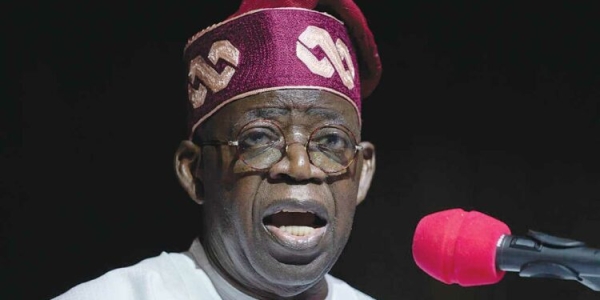
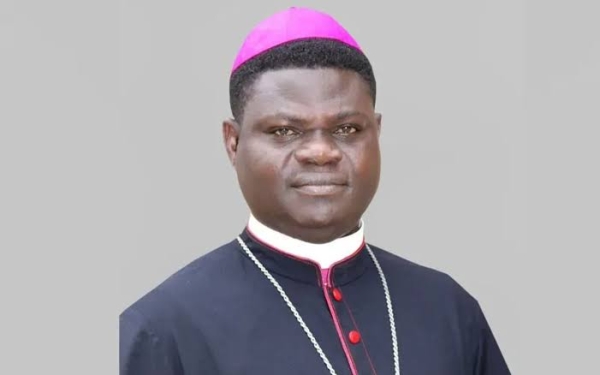
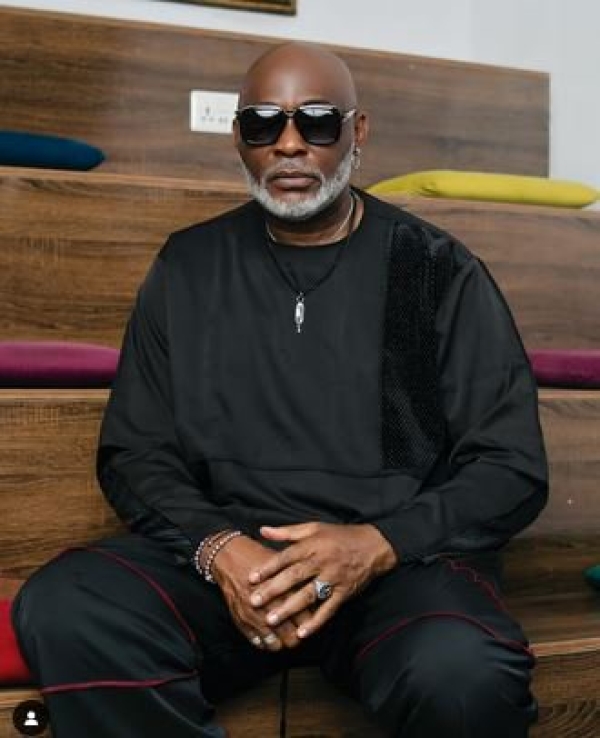
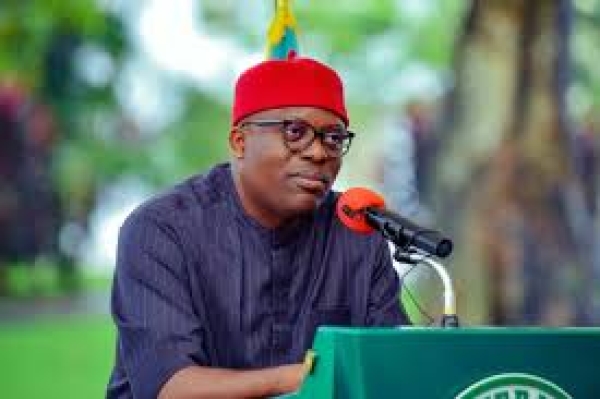
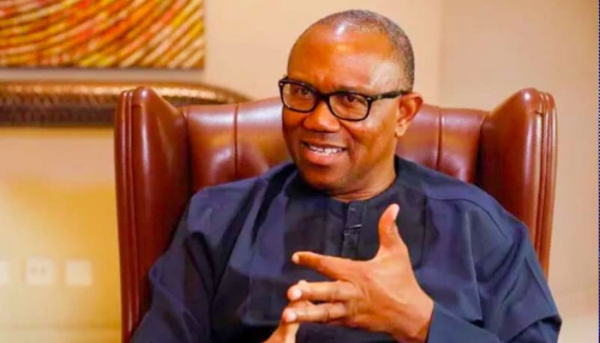
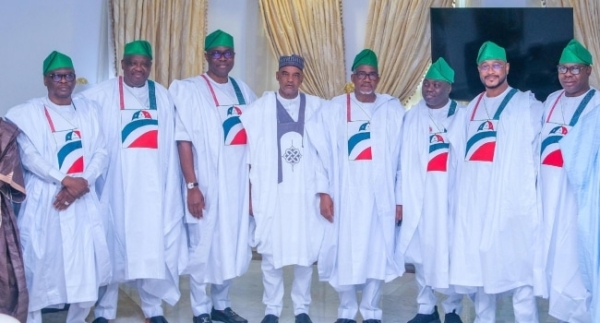
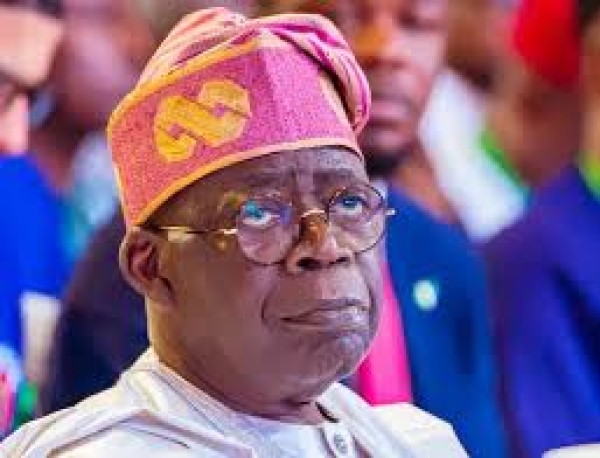
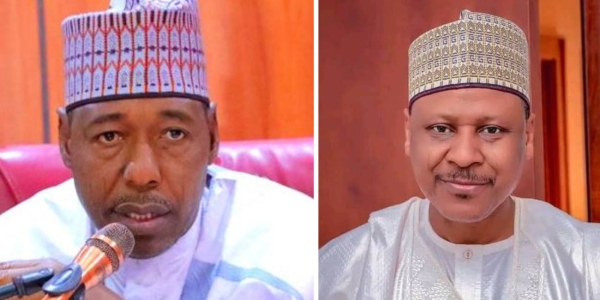
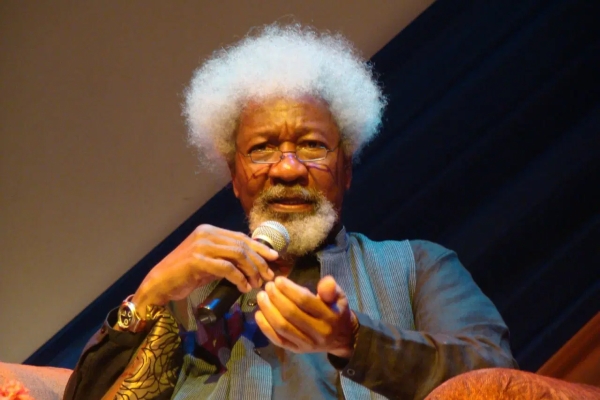
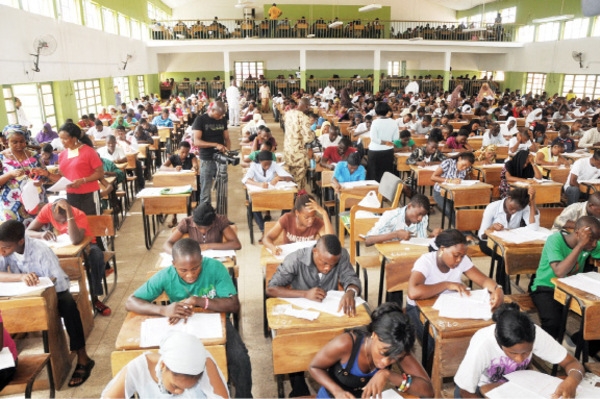
![[Full List] Gbajabiamila missing as presidency releases names of Tinubu’s appointments to date](/media/k2/items/cache/68d9ba68bf20d8e51368c3a98e982a88_XL.jpg)
